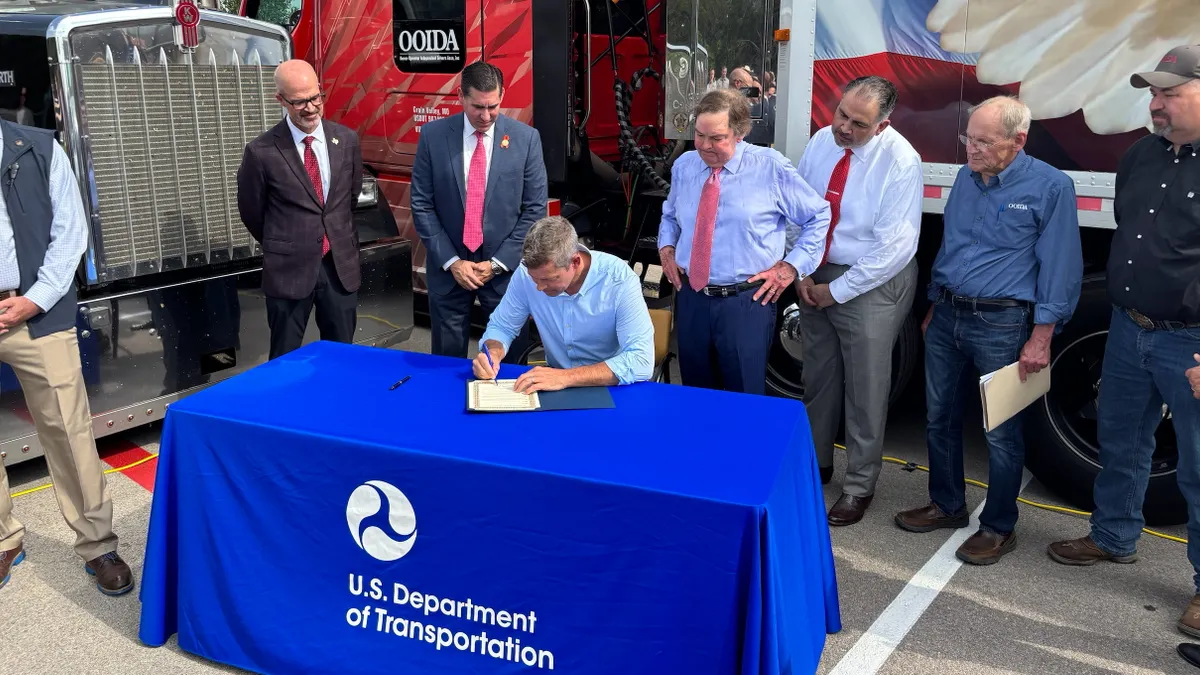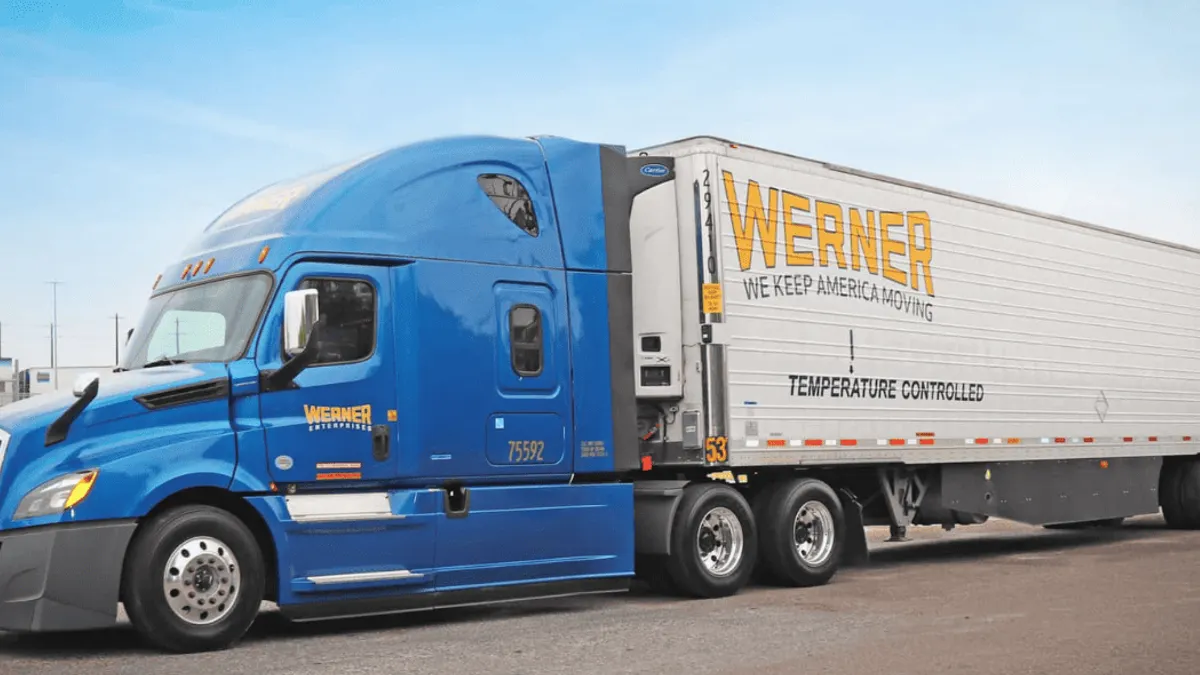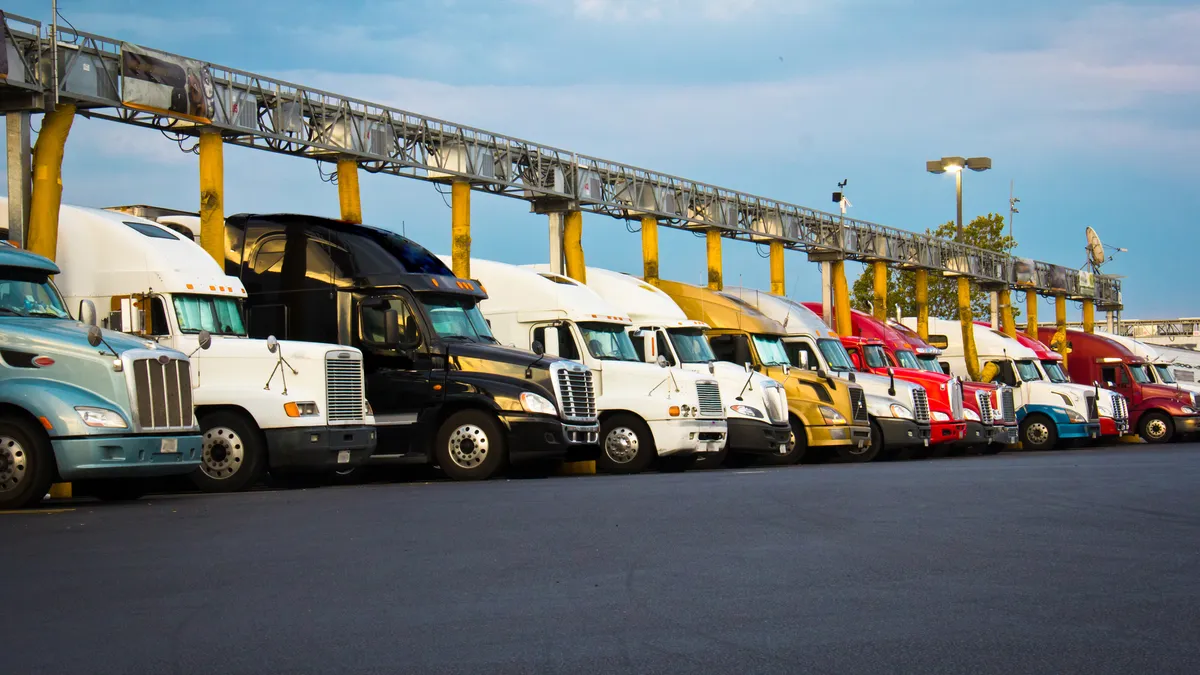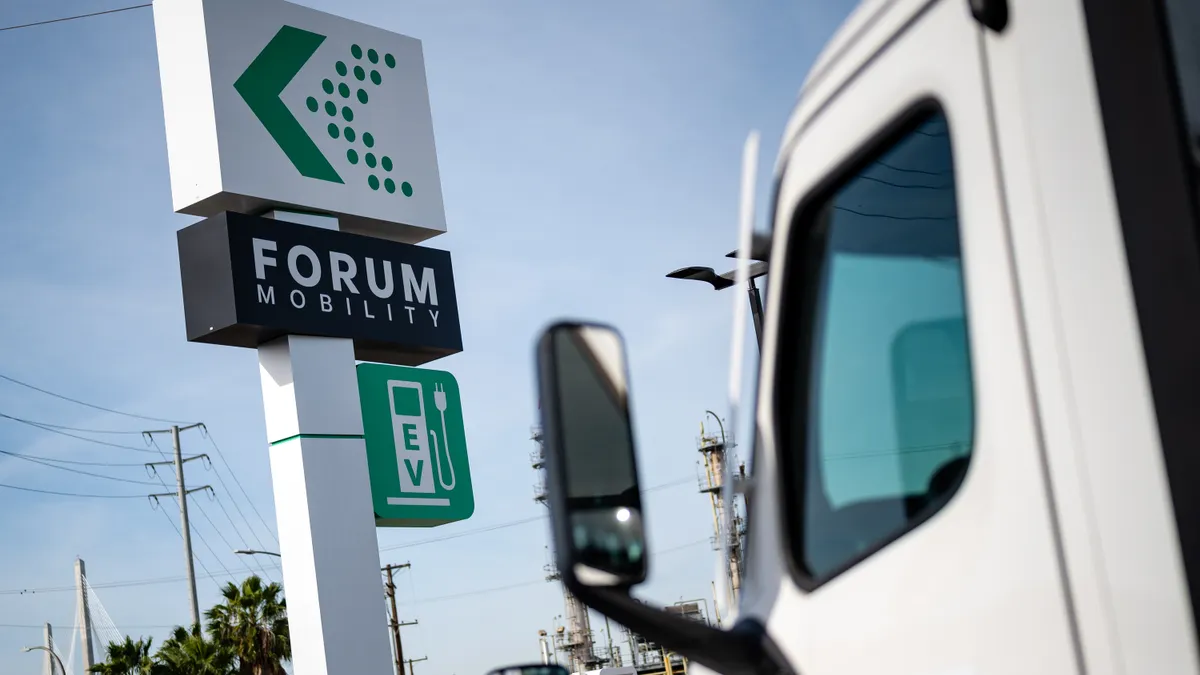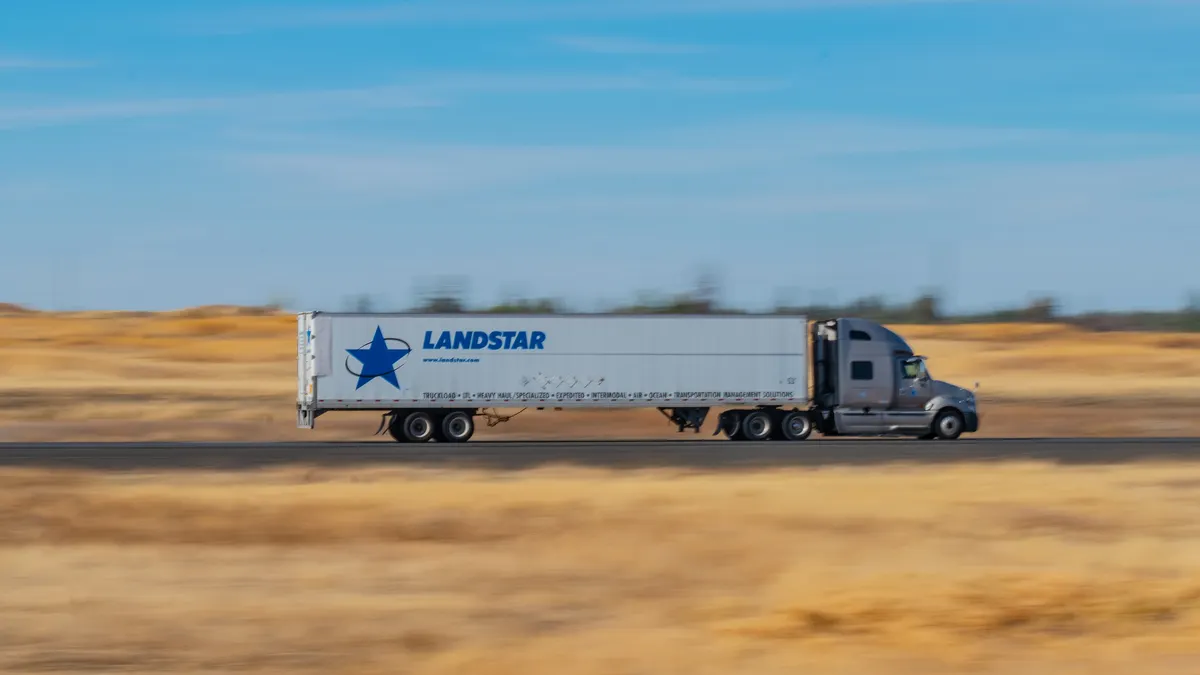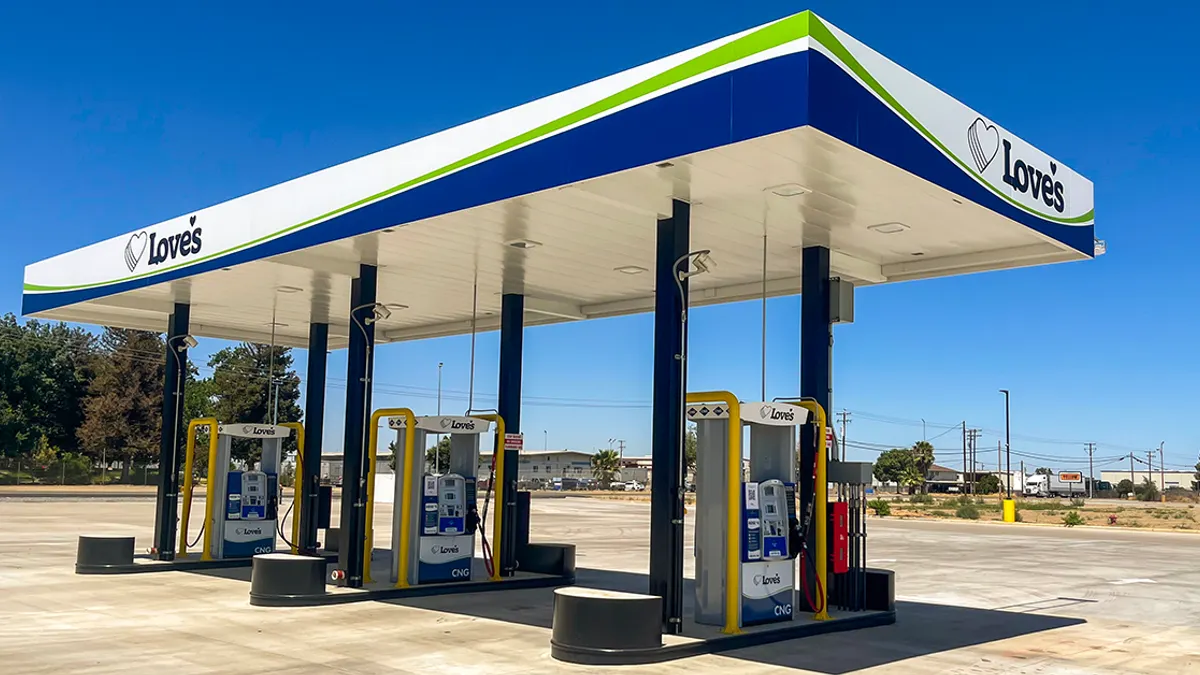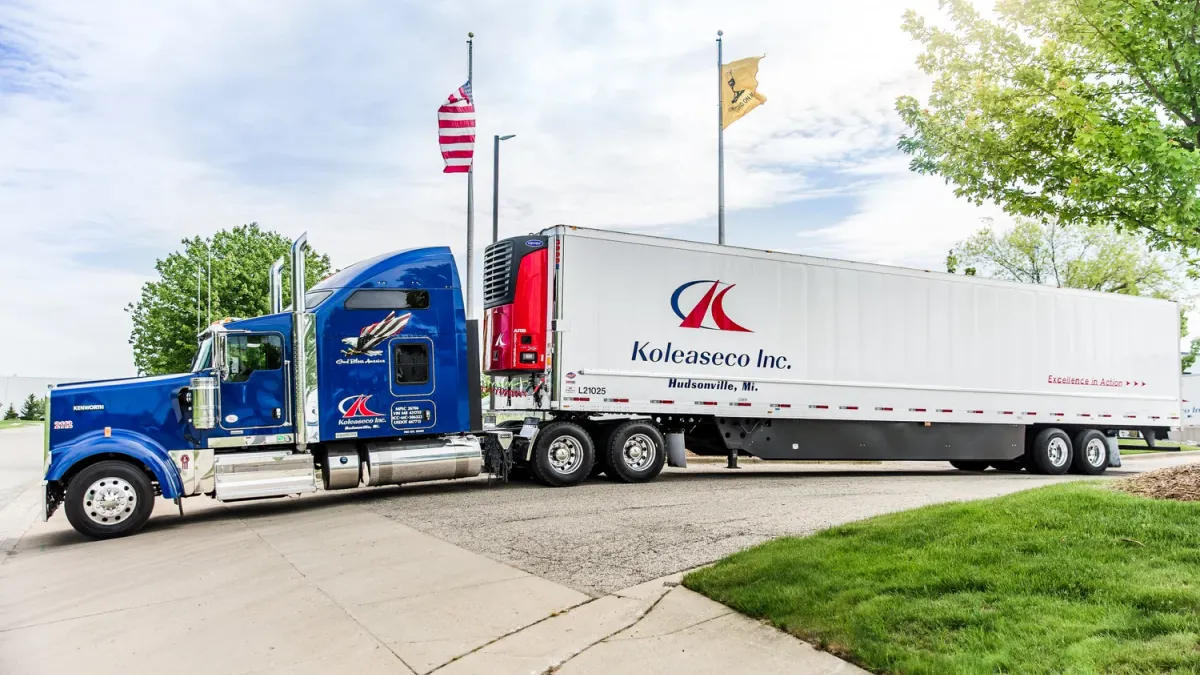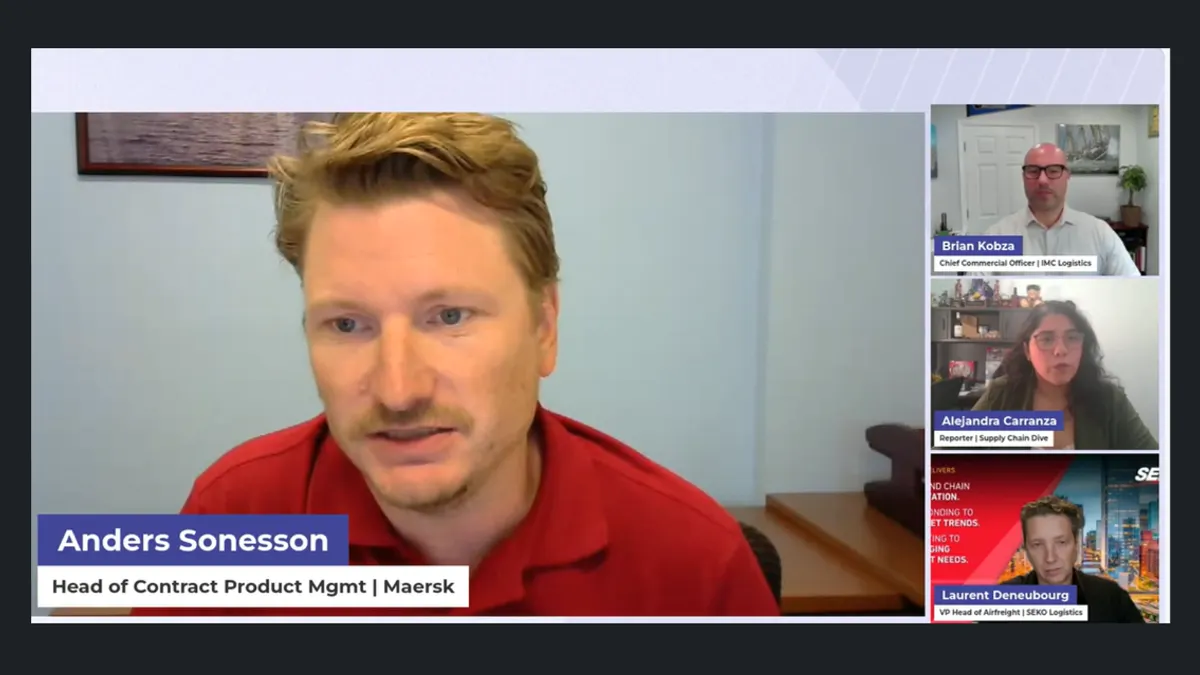After a number of local governments in Northeastern states and California mandated new homes use heating systems based on green energy, New Hampshire trucking officials went to their legislature to prevent such a regulatory trend in the Granite State.
Carriers in New Hampshire feared they had a lot on the line and could lose propane, natural gas, biofuel and heating oil business. The New Hampshire Motor Transport Association asked Gov. Chris Sununu and the legislature to allow home consumers to make the choice on power, and ban local mandates against such fuels as natural gas and propane.
In the Northeast, known for its trend toward regulation, tolls, taxes and fees aimed at trucking, the association, headed by President and CEO Bob Sculley, could have faced a loss at the Statehouse in Concord.
Instead, Bob Sculley and a group of aligned trade associations pulled out a victory in August. Local governments would have to leave it to the consumers and home builders. Sununu signed Senate Bill 86 into law last August.
Banning the mandate didn't come as a surprise in a state where the motto is "Live Free or Die." The Granite State, trending more purple and moderate over the last few years, stands apart from much of the Northeast, often described as one of the most challenging regions for trucking.
A stack of Northeast problems
It isn't just the business environment that dissuades carriers from hauling in the Northeast. The regular seasonal environment dumps ice and snow on the roads. Congested traffic pervades Boston, New York City and New Jersey.
Online, truckers will readily share other problems that seem unique to or especially intense in the region: low clearances, narrow roads and tolls — lots of tolls. Carriers often get charged more to ship things into New England or New York because the region does not have much to offer trucks on the way back, creating empty miles.
Now comes a growing regulatory environment in which state governments in the Northeast have been accused of using trucking as a targeted revenue source for dwindling coffers.
The American Trucking Associations and several carriers are suing Rhode Island for instituting truck-only tolls that target tractor-trailers. In September 2020, a federal judge allowed the tolls to continue while the lawsuit proceeded. The ATA and carriers claim the tolls are a violation of the U.S. Constituion's Commerce Clause.
The compounded challenges have led some fleets to offer incentives to haul in the region. In June, Forward Air said it would increase destination-based compensation for fleet partners within its LTL and TL units. For most of the northern half of the continental United States, solo drivers could make a range of between 2.5 cents per mile to 12.5 cents per mile. The only region that qualified for the 12.5 cents per mile? The Northeast.
"Over-the-road drivers are interested in getting maximum utilization of their hours of service, as this is key to their individual success," said Ryan Gilliam, vice president for talent for Forward Air, in an email. "The only way to offset the lower utilization seen in New England and across the greater Northeast, is by increasing the per-mile compensation."
A Forward Air spokesperson said drivers tend to find the Northeast has higher costs for fuel, food, maintenance and parts. The traffic is congested and even the fuel stations can be, extending the time of a stop. The Northeast roads are in worse shape compared to other areas of the country, leading to more tire and suspension repairs, the spokesperson said. So, the pay-rate increase for the Northeast did help create more driver interest, the spokesperson said.
People, businesses flee the Northeast
Connecticut was once one of the crown business jewels of the Northeast. Its capital, Hartford, was an insurance capital. Its southwestern suburbs were populated by wealthy residents who commuted into New York City to run business empires.
The state often benefited when Northeastern neighbors raised taxes or passed regulations, largely because Connecticut had no income tax. Businesses and residents would come in from Massachusetts and New York, meaning more retail freight needed to be shipped to Connecticut destinations on a regular basis. And a lot of that freight was lucrative to ship.
Then Connecticut made a change: It passed an income tax in 1991 to shore up revenue. And a larger culture of regulation took root in Hartford.
Now the state is steadily losing people and businesses with them, said Joe Sculley, president of the Motor Transport Association of Connecticut (who is Bob Sculley's son). The U.S. Census Bureau reported that in 2020, Connecticut had 3.6 million people, up only 0.9% from 10 years earlier. By contrast, the nation had 7.4% population growth in a decade.
Joe Sculley doesn't blame most of it on the weather, or on state residents running for warmer states like Florida or Tennessee, with a 0% income tax. He points to New Hampshire and Massachusetts, once labeled "Taxachusetts." Those states have the same New England weather, but they now have better business environments, Joe Sculley said.
"Businesses have left Connecticut to go to Massachusetts," said Joe Sculley. "I bet people would have never thought that."
When a Connecticut carrier's owner cannot withstand the state's economic and regulatory environments, they will sell to another association member, or an out-of-state carrier, said Joe Sculley.
"The only way to offset the lower utilization seen in New England and across the greater Northeast, is by increasing the per-mile compensation."

Ryan Gilliam
Vice president for talent for Forward Air
In June, the Connecticut General Assembly passed a highway usage tax aimed at trucks. The tax, which could collect $90 million a year, starts in January. The tax comes after years of Connecticut Gov. Ned Lamont seeking to raise revenue by adding truck-specific tolling, then general tolling. Those efforts failed, so the effort turned to a tax formula based on miles and tonnage.
The result is a tax that is "notoriously difficult" to collect from carriers, according to Marc Fitch, an investigative reporter for the Yankee Institute for Public Policy, a free-market think tank based in Hartford, Connecticut.
"They're kind of going on the honor system to collect the tax," said Fitch.
Dual problems in the Empire State
Connecticut's passage of a truck-based usage tax is seen as having a regional effect against the efforts of trucking officials. The Trucking Association of New York annually targets its usage fee, in place since the 1950s, when it lobbies in the Capitol building in Albany.
But this time, repealing New York state's usage tax will be a harder argument to make, with Connecticut having passed one, said Kendra Hems, president of Trucking Association of New York.
The Empire State also has dual problems. On the western side, expenses are lower when it comes to property and the like. But carriers have to pay state tolls on Interstate 90 and Interstate 87, Hems said.
And then there's New York City. Officials in the largest city in the United States were quick to sing praises of trucking as drivers fed the Big Apple with freight during the early days of the COVID-19 pandemic in the winter of 2020.
More than a year later, New York City's famous bureaucracy has reasserted itself, Hems said, with commercial delivery spaces drying up (often used by restaurants who have been prodded to add outdoor spaces) and more aggressive ticketing. And nearby Fort Lee, New Jersey, is home to the top trucking bottleneck in the U.S.
"The environment in New York City seems to just get worse instead of better," said Hems.
The dual problems help make New York one of the most expensive states in which to operate trucks, Hems said. Asked if the Northeast deserves a reputation as a costly place for carriers with significant regulatory burdens, Hems answered simply, "Yes."
Still, one aspect of the national economic recovery has made New York state officials sympathetic to trucking. The state and cities have had trouble finding drivers for school buses. Hems said New York officials now want to streamline licensing, and she has had luck discussing extending the hours of license branches, and getting some CDL business pushed online.
New York officials have also been looking at other pain points with Hems, eager to remove them to get freight flowing better. But Hems understands the challenges before her in getting change.
"Trucking in New York has always been a challenge," said Hems.






